As we find ourselves in month three of the world according to COVID, one of the strangest parts has been the time warp of it all. Every day we’ve been sequestered feels like Groundhog Day. Thank goodness for the emergence of daffodils and lilacs, and perhaps even the arrival of ants in my kitchen, to mark the passing of the months. But heaven help me if I know what day of the week it is, or what time it is, for that matter.
I was talking to a friend on the phone the other afternoon, and she said, “Argh! I have a feeling my people are going to expect dinner again tonight.” Come to think of it, I had no dinner plans myself—and most likely, no appropriate combination of ingredients to make said dinner.
I don’t have a problem with dinner per se; my problem is that it’s so daily. “That’s what no one tells you about adulthood,” she said. “The dark secret is that you have to provide sustenance for yourself every single night.” (And perhaps also for toddlers who declare, “That not be good,” before even taking a bite.)
I have a hunch that most of us, when pressed, don’t necessarily mind work itself. There’s a certain satisfaction in accomplishing a task, in having something to show for our efforts, in sweating over a tough assignment and earning a rest. Perhaps the part of work that drives us nearly to despair at 4 p.m. on an indistinguishable weeknight is the unending nature of it . . . the Sisyphean feeling of rolling the rock up the hill over and over, only to watch helplessly as it rolls down again.
In the third century, there was a desert father named Abba Paul. While the other monks of his day made their homes on the outskirts of cities, Abba Paul lived alone in a remote area. Unlike the other monks who could sell their baskets in town, he had no way to make a traditional living for himself.
But every day, he wove baskets, praying all the while. Without exception, he exacted a days’ labor from himself. At the beginning of the year, he collected palm fronds and filled his cave with a year’s worth of work, and each day he committed himself to the task of making baskets. Then, at the end of the year, he’d burn up all the baskets—everything he’d so carefully toiled over.
When I first heard this story, it made me want to cry. I’m pretty sure I wouldn’t have had the gumption to make all those baskets for no apparent purpose. But I’m almost certain I wouldn’t have had what it takes to intentionally take a match to my labor.
The more I’ve thought about this story, though, the more I wonder if my perspective on work is upside down. What if having an attitude of prayer while we work is more important than what we produce? What if the purpose of work is more because our character needs refining than because the world needs our contributions? What if God doesn’t actually require our labor, but he still delights in our efforts?
Whatever is on your to-do list today—whether it’s a sink full of dishes, a stack of papers to grade, a basement full of laundry, never-ending diapers to change, endless data to enter into a spreadsheet, or dinner to make (yet again)—know that your work is not invisible. Even if you have to start all over and do it again tomorrow, none of it is wasted. God sees the work you do in private. He notices the way you faithfully do the little things, with no accolades and no glory. He appreciates your excellence, day after Groundhog Day.
And all the while, he is using your work to transform you into the person he wants you to be. I suppose that’s better than a cave full of woven baskets.
Happy work is best done by the man who takes his long-term plans somewhat lightly and works from moment to moment “as to the Lord.” It is only our daily bread that we are encouraged to ask for. The present is the only time in which any duty can be done or any grace received.
C. S. Lewis

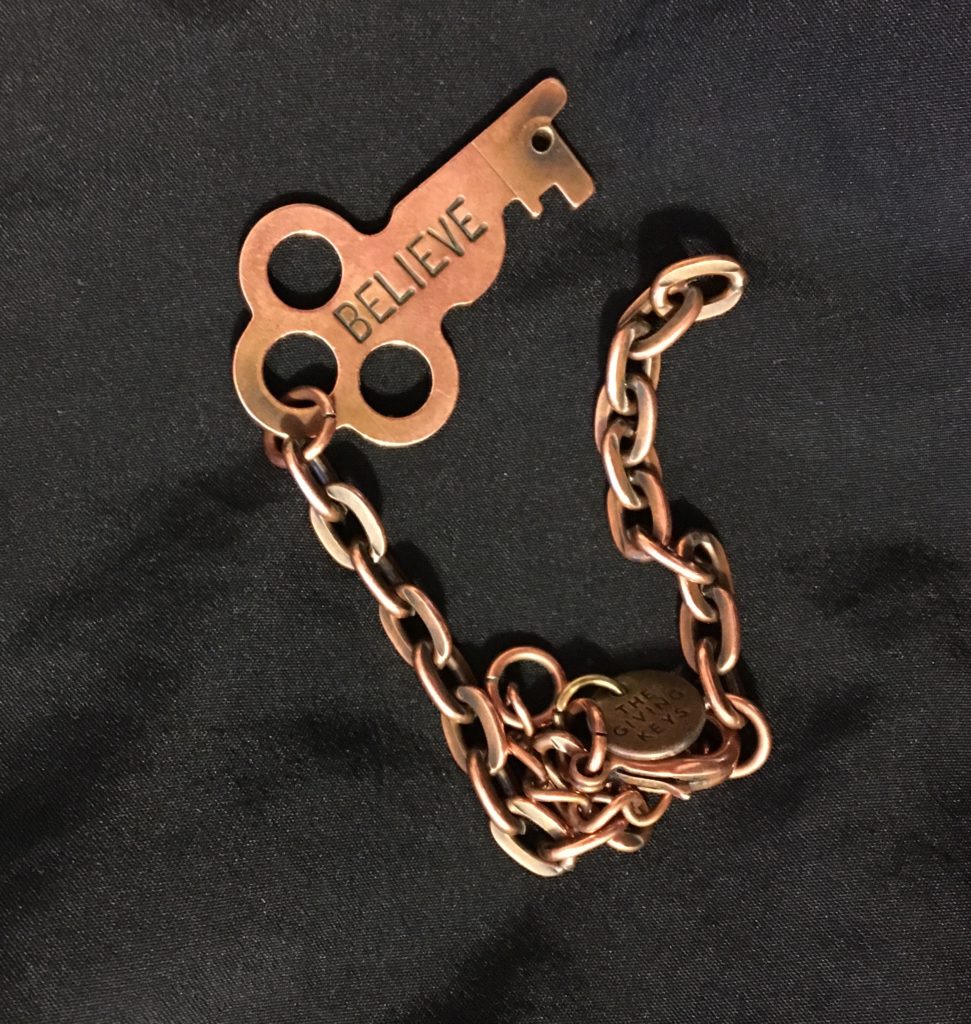

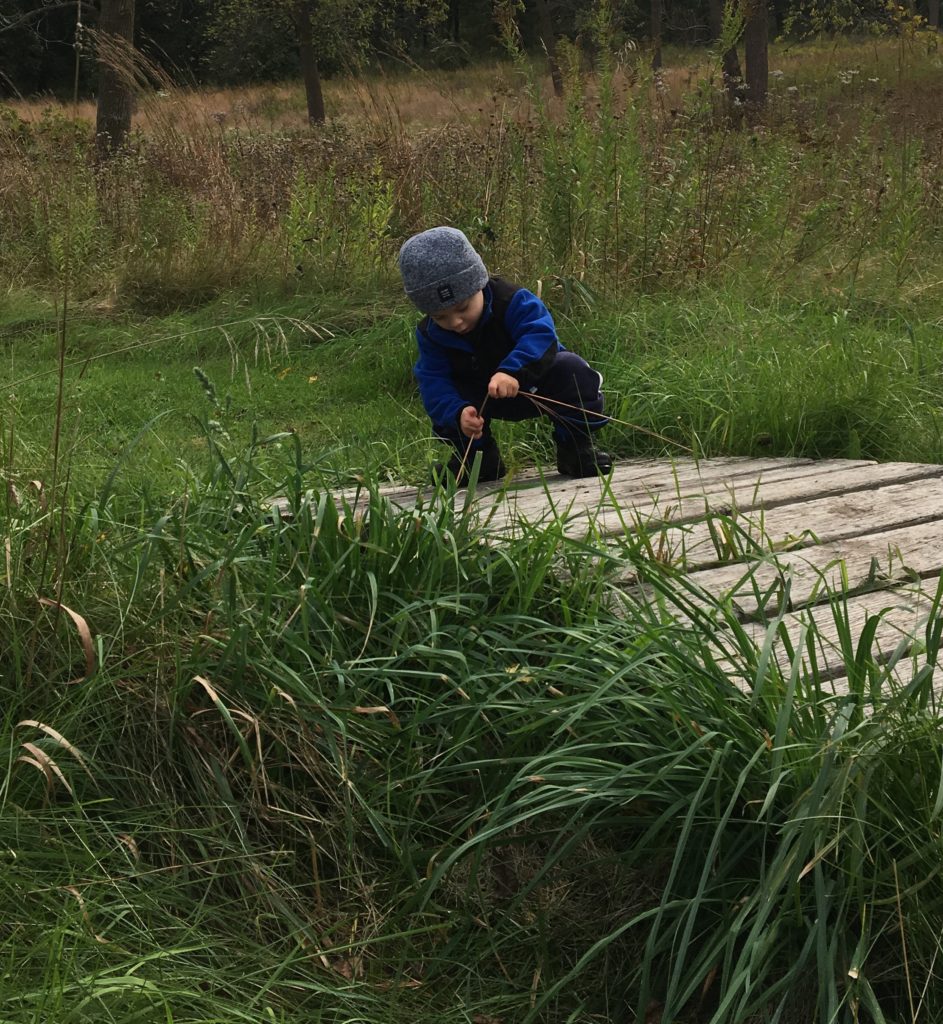

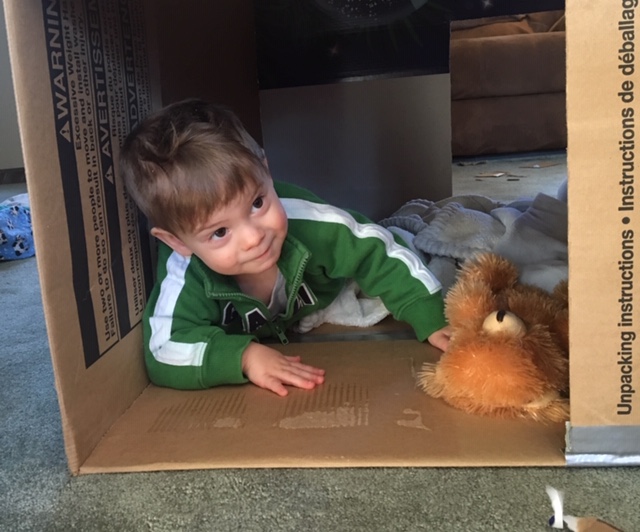
 The theme I selected for this year (or perhaps the theme that chose me) was “
The theme I selected for this year (or perhaps the theme that chose me) was “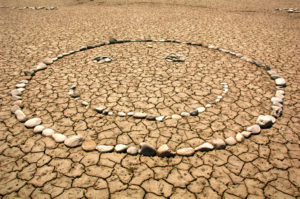 For the past 14 years, I have chosen a word as my theme for the year. (Trust me, this is much better than a list of resolutions. For starters, there’s a much greater chance I’ll actually remember my goal for the year come March. And for a recovering perfectionist like me, this leaves a lot more room for grace. You can’t really fail a word, right?)
For the past 14 years, I have chosen a word as my theme for the year. (Trust me, this is much better than a list of resolutions. For starters, there’s a much greater chance I’ll actually remember my goal for the year come March. And for a recovering perfectionist like me, this leaves a lot more room for grace. You can’t really fail a word, right?)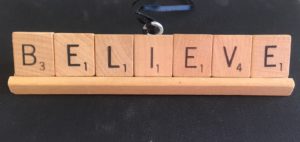 One year ago on Christmas Eve, I was holding my three-year-old niece in church as we sang “Silent Night.” My heart was as frozen as the sheet of ice outside. I was feeling much more “bleak midwinter” than “all is calm, all is bright.”
One year ago on Christmas Eve, I was holding my three-year-old niece in church as we sang “Silent Night.” My heart was as frozen as the sheet of ice outside. I was feeling much more “bleak midwinter” than “all is calm, all is bright.”